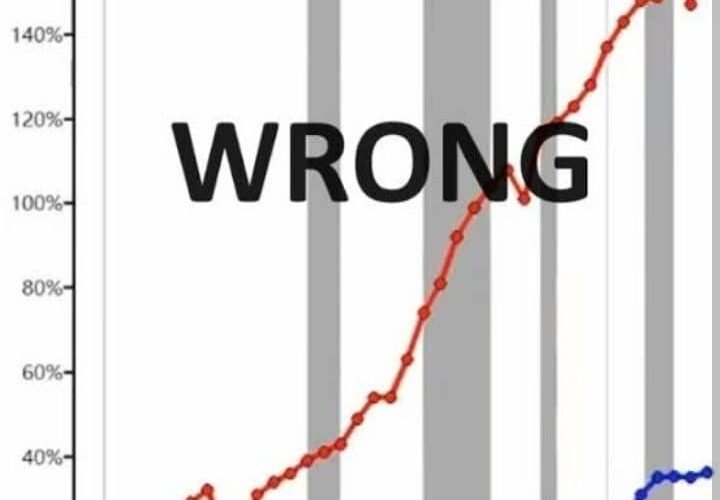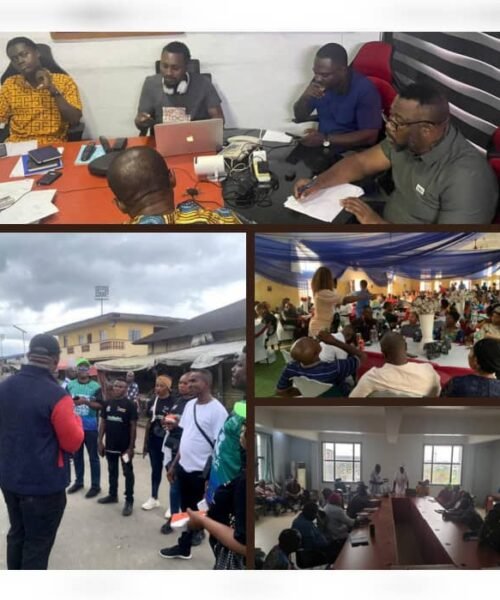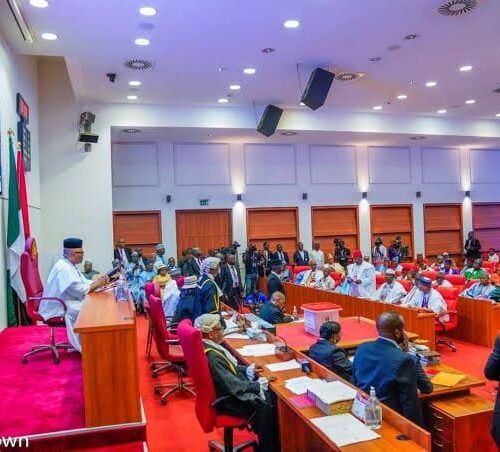The Human Cost of Fake Statistics: How Manipulated Data Exacerbates Poverty and Inequality
The United Nations has faced criticism for perpetuating misleading statistics, which can have far-reaching consequences for global policy and decision-making. A striking example is the UN’s poverty statistics, which have been disputed by experts who argue that the numbers are inflated to justify foreign aid and intervention. According to a study published in the Journal of Economic Development, the UN’s poverty estimates are based on flawed methodology and unreliable data, resulting in exaggerated claims of poverty reduction. In 2019, the UN claimed that the global poverty rate had declined to 9%, but critics argue that this number is misleading, as it is based on a poverty line of just $1.90 per day.
Multinational corporations have been accused of manipulating statistics to further their interests and influence policy decisions. A notable case is the pharmaceutical industry, which has been criticized for exaggerating the effectiveness of its products and downplaying their risks. A study published in the British Medical Journal found that pharmaceutical companies selectively report data from clinical trials, creating a distorted picture of the benefits and harms of their products. In 2017, it was estimated that the pharmaceutical industry spent over $24 billion on marketing and advertising in the United States alone.
The fight to control the minds of the poor is a critical aspect of the debate around UN statistics and corporate influence. Critics argue that the UN’s development agenda is driven by a neoliberal ideology that prioritizes economic growth over social welfare and human rights. This agenda is reinforced by corporate interests, which seek to create new markets and exploit natural resources in developing countries. According to a report by the Transnational Institute, the UN’s Sustainable Development Goals (SDGs) have been hijacked by corporate interests, which are using the SDGs to promote their own agendas and increase their profits. In 2020, it was estimated that the SDGs would require an additional $1.5 trillion in funding per year to achieve.
The World Bank has also been implicated in the manipulation of statistics to further corporate interests. A study published in the Journal of Development Studies found that the World Bank’s poverty estimates are based on flawed assumptions and incomplete data, resulting in misleading conclusions about poverty trends. The study also found that the World Bank’s poverty reduction strategies are heavily influenced by corporate interests, which prioritize economic growth over social welfare and human rights. In 2018, the World Bank estimated that 736 million people lived in extreme poverty, but critics argue that this number is likely an underestimate.
The impact of fake statistics on the poor is devastating. In many developing countries, flawed statistics are used to justify policies that exacerbate poverty and inequality. For example, the UN’s poverty estimates have been used to justify the imposition of austerity measures, which have had disastrous consequences for the poor. According to a report by the International Trade Union Confederation, austerity measures have led to widespread poverty, unemployment, and inequality in many developing countries. In 2020, it was estimated that 258 million people were living in poverty in sub-Saharan Africa alone.
The manipulation of statistics by multinational corporations has also been linked to human rights abuses. A study published in the Journal of Human Rights found that corporations have used flawed statistics to justify their involvement in human rights abuses, such as forced labor and displacement of communities. The study also found that corporations have used their influence over the UN and other international organizations to cover up their human rights abuses and avoid accountability. In 2019, it was estimated that 40.3 million people were trapped in modern slavery worldwide.
The fight against fake statistics and corporate influence requires a fundamental transformation of the global development agenda. This requires a shift away from neoliberal ideology and towards a more equitable and sustainable development model. According to a report by the United Nations Conference on Trade and Development (UNCTAD), this requires a more nuanced understanding of poverty and inequality, as well as a greater emphasis on social welfare and human rights. In 2020, UNCTAD estimated that the global economy would need to grow by 7% per year to achieve the SDGs.
Ultimately, the struggle against fake statistics and corporate influence is a struggle for democracy and human rights. It requires the active participation of citizens, civil society organizations, and social movements to demand transparency, accountability, and justice. According to a study published in the Journal of Democracy, this requires a fundamental transformation of the global governance system, including the UN and other international organizations, to prioritize the needs and interests of the poor and marginalized. In 2019, it was estimated that 2.3 billion people lived in countries where their basic human rights were not respected.
Dr Chukwuemeka Ifegwu Eke writes from the University of Abuja Nigeria







